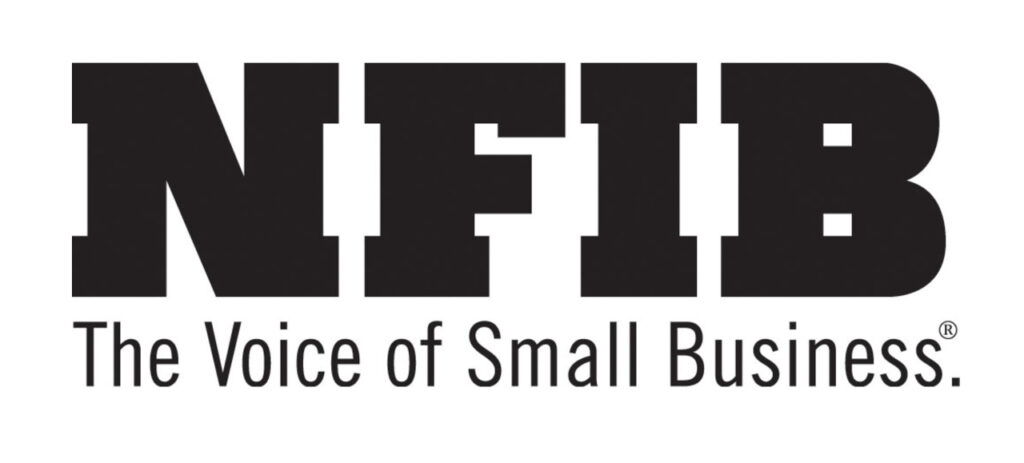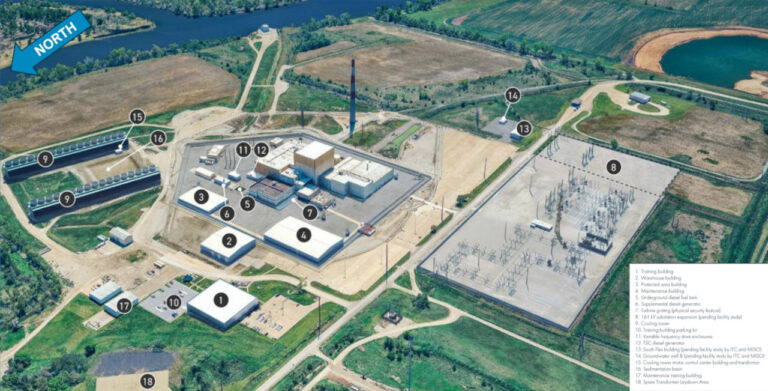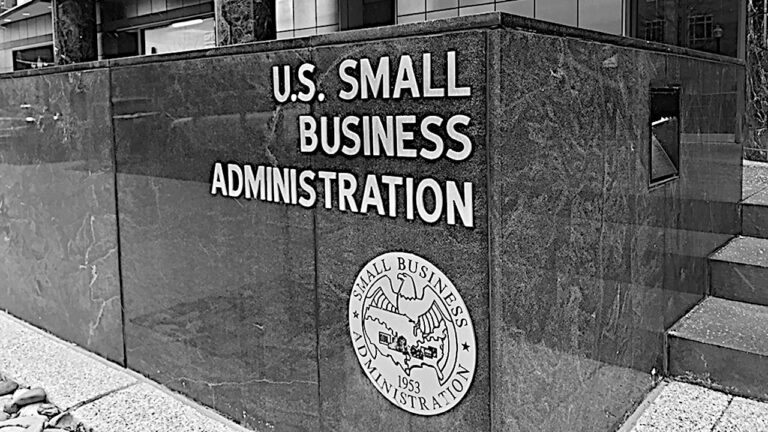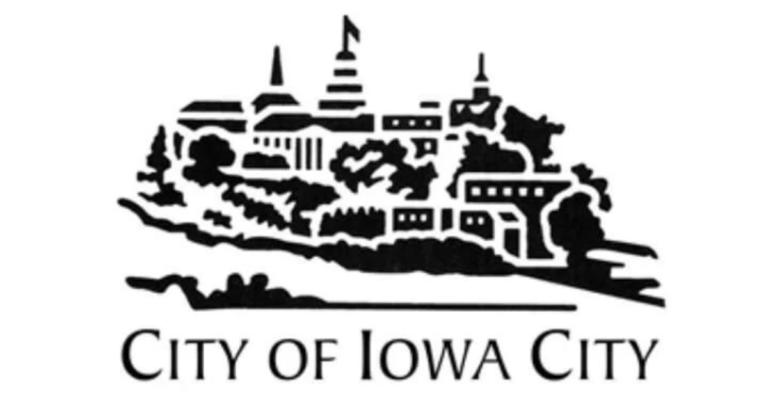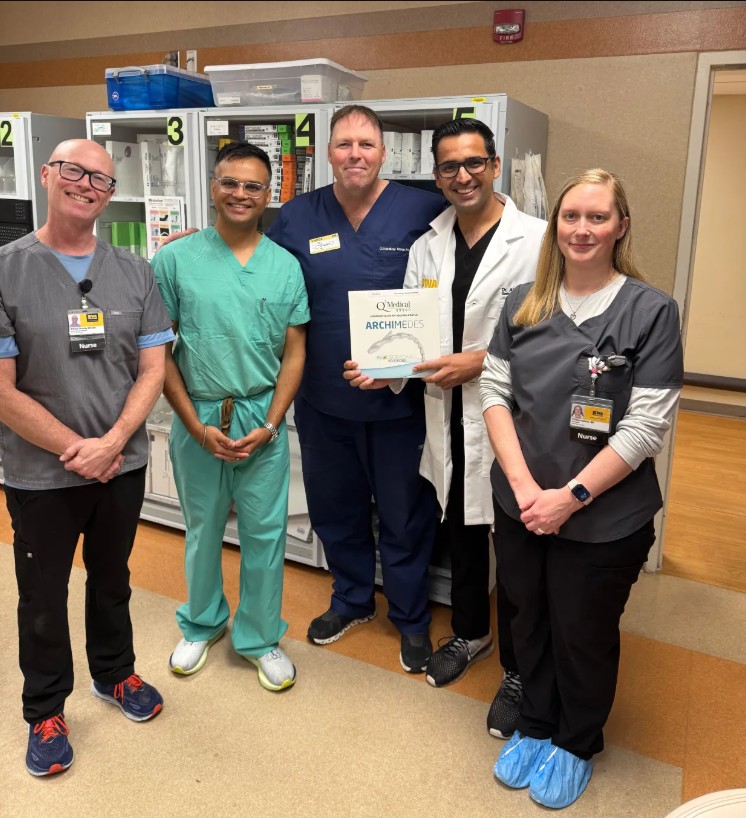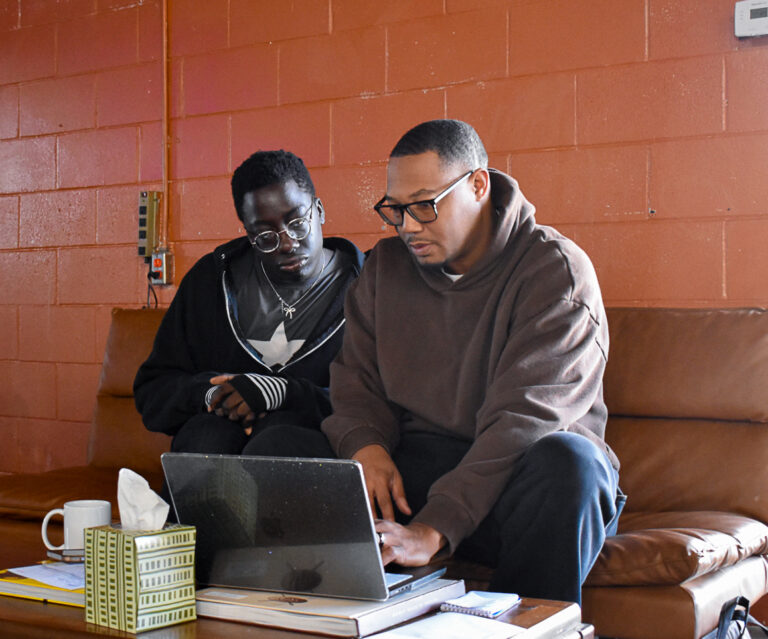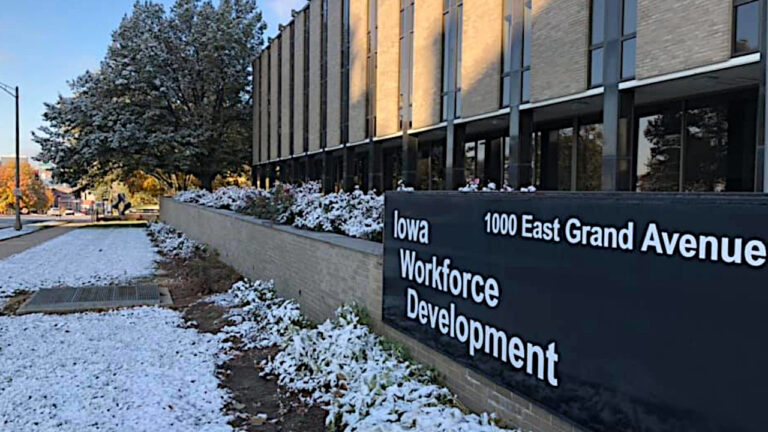Small business optimism declined in September for the first time in three months, according to a survey released Oct. 14 by by the National Federation of Independent Business.
The NFIB Small Business Optimism Index fell 2 points to 98.8 in September, though it remained above the survey’s 52-year average of 98. Meanwhile, the group’s Uncertainty Index jumped 7 points from August to 100, marking the fourth-highest reading in more than 51 years.
“While most owners evaluate their own business as currently healthy, they are having to manage rising inflationary pressures, slower sales expectations, and ongoing labor market challenges,” NFIB chief economist Bill Dunkelberg said in a release.
Matt Everson, NFIB Iowa state director, said small business owners in the state face particular challenges with workforce shortages, high interest rates, rising energy costs and property taxes.
“If lawmakers want Iowa’s economy to grow, they must address these significant issues,” Mr. Everson said.
The September survey showed mounting concerns about inflation and supply chains. Twenty-four percent of owners reported raising average selling prices, up 3 points from August, while 31% plan price increases over the next three months, up 5 points from August.
Fourteen percent of owners cited inflation as their single most important business problem, up 3 points from the previous month. Supply chain disruptions affected 64% of small businesses to some degree, a 10-point increase from August.
Labor quality and taxes tied as the top concern among business owners, with 18% citing each as their most important problem. Thirty-two percent of owners reported job openings they could not fill in September, unchanged from August. Among those hiring or trying to hire, 88% reported few or no qualified applicants.
The survey showed some positive signs. The net percent of owners reporting higher versus lower profits increased 3 points in September to its highest level since December 2021.
However, expectations for future business conditions declined, with 23% of owners expecting better conditions, down 11 points from August.
Capital spending remained weak, with 21% of owners planning capital outlays in the next six months, unchanged from August. More firms reported declining sales than reported gains in the past three months.
Credit conditions tightened, with 7% of owners reporting their last loan was harder to obtain than in previous attempts, the highest reading of the year. The average rate paid on short-term loans was 8.8% in September, up 0.7 points from August.
The NFIB Research Center has collected small business economic data quarterly since 1973 and monthly since 1986. The September survey drew responses from NFIB members nationwide.


